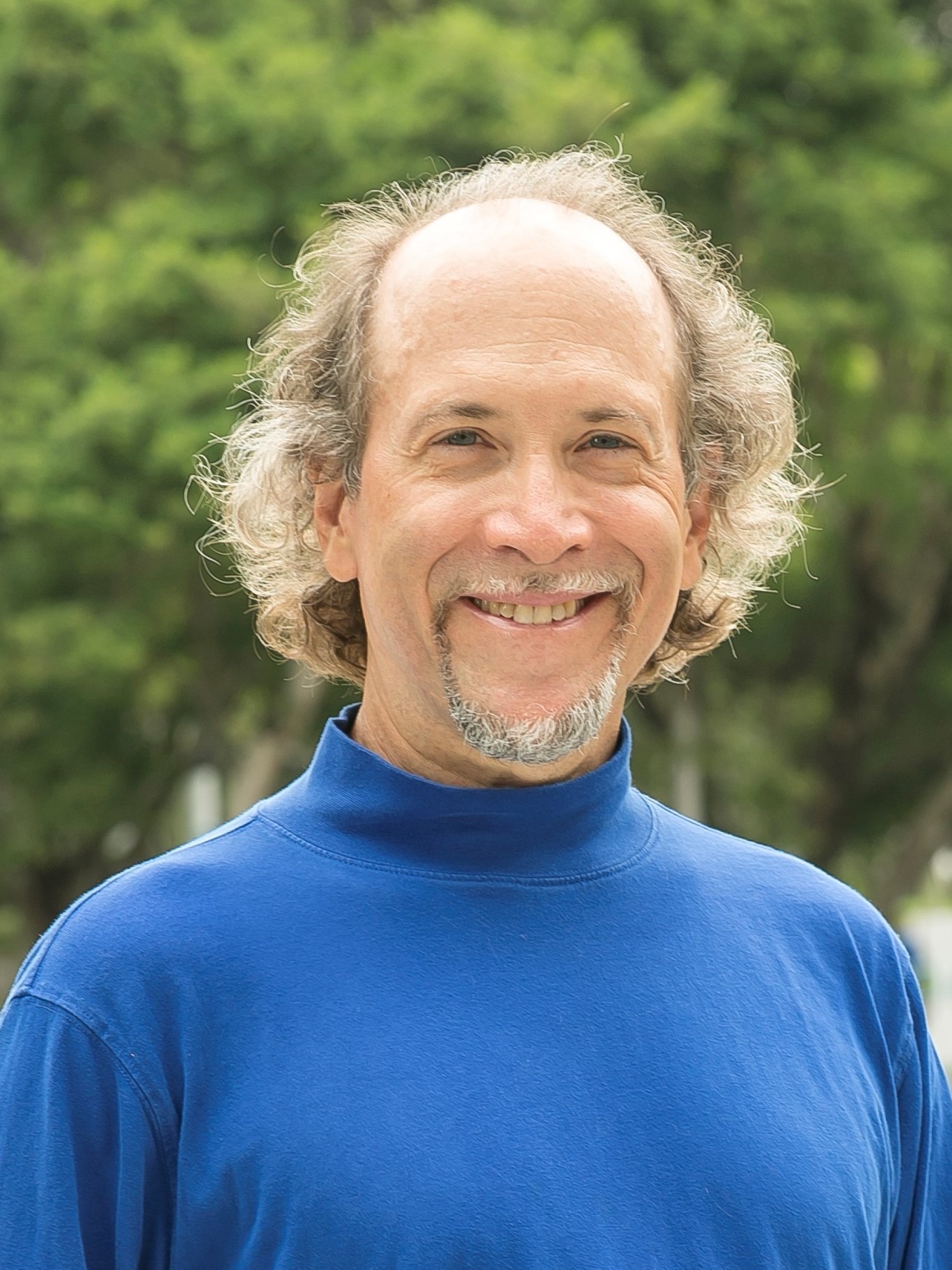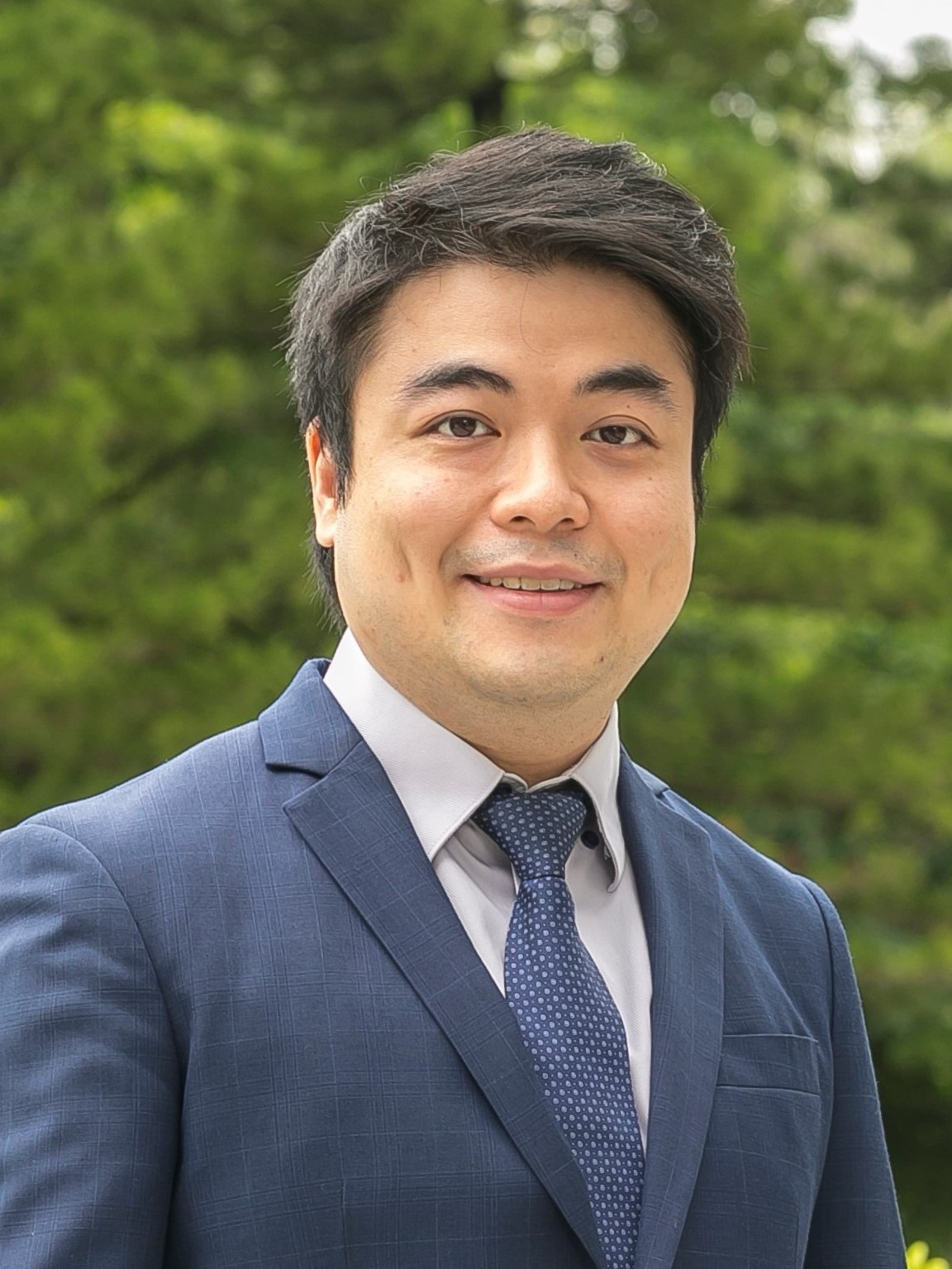|
Common Core Teaching Excellence Award Recipients2020 Award Recipients
Award Recipients of the Common Core Teaching Excellence Award 2024 | 2023 | 2022 | 2021 | 2019 | 2018 | 2017 | 2016Award Recipients of the Common Core Course Excellence Award 2015 | 2014 | 2013 | 20122020 Online Award Presentation Ceremony More About the Award 
|

|
|||||||||||||||||||||||||||||||||||||||||
 Professor Arthur Lau
Professor Arthur Lau
Professor Laurence Delina
Professor Zhongming Lu
Professor Xiaoming Shi
Professor Benjamin Steuer
Dr Meike Sauerwein
Division of Environment and Sustainability
Course Taught: SUST 1000 Introduction to Sustainability
Sustainability is one of the most imperative challenges nowadays, making it critically important for the next generation to be informed and motivated to tackle the many issues it encompasses. One of the hurdles for educators, though, is how to engage students in an effective, inspiring and proactive way, given its multifaceted nature.
In SUST 1000 “Introduction to Sustainability”, Prof. Arthur Lau and his team have pioneered an outstanding group teaching model to build knowledge and interest in this vital subject.
Through enquiry-based learning and analysis of topics ranging from environmental science and engineering to economics, the six-person teaching team raises awareness of the diverse perspectives in addressing sustainability issues, and engage learners in stimulating class discussions and memorable activities that bring home the course content.
Flipping the classroom, the team adopts latest pedagogical approaches combining blended learning, experiential learning, and a group project where participants are tasked with proposing the top three United Nations’ sustainable development goals for a particular country.
Such involvement adds to learners’ zeal to think and explore more, broadening their outlook and deepening critical thinking, problem-solving, research and teamwork skills, as evidenced by their outstanding posters created for group assignment.
The team’s “CARE” teaching philosophy – Commonality of core knowledge, Accommodating a diverse group of students, Relevance to students’ real-life experience, and Engaging and interesting class content – can also be seen in many plaudits received from students and multiple impacts acknowledged.
Some learners with limited prior exposure to sustainability note how this course changed their mindsets and helped them understand the link between personal responsibilities and wider societal issues. Others highlight the enjoyable way this serious topic was presented.
The multidisciplinary-teachers model also sets a sterling example of how teamwork between experienced and new faculty members boosts educators’ individual and overall morale. The synergy strengthens the positive vibe surrounding the course, propelling educators to transmit this in class and all involved to strive for new heights.
For its remarkable impact on both students and faculty, the team well deserved the Excellence Award.
 Professor Andrew Horner
Professor Andrew Horner
Department of Computer Science and Engineering
Course Taught: COMP 1943 Creative Sound Design
Prof. Andrew Horner’s COMP 1943 “Creative Sound Design” is an innovative, project-based experiential course that encourages students to take on the role of a film composer or sound designer to produce music videos and trailers for computer games and movies, linking the digital realm with the emotional power of music to spur learners to think critically and imaginatively.
Despite its musical focus, Andrew opens this course for all with the help of his specially designed course app that provides access to high-level composition and arrangement techniques, giving those newbies and experienced musicians alike a novel opportunity to explore the artistic realm.
At the outset, Andrew shares former students’ works, setting a goal for current participants to reach up to and beyond, and providing a rare and valuable example of a continuous link between students from term to term.
In line with its active learning cycle, namely observe, reflect, conceptualize, act – just as a composer would do – participants carry out a series of reinforcing fantasy-adventure musical assignments covering diverse genres.
To boost self-learning, the use of reflection and peer evaluation are skillfully adopted. Through producing a YouTube-like “Director’s Commentary” on the concepts behind their work, students find out through experience that designing a product or activity is not just a question of what and how, but most importantly why. Meanwhile, insights from looking at the work of others fuels active interest in trying new techniques and deeper understanding.
Students hail the relaxed and supportive class environment which provides a judgement-free environment that spurs greater effort and gives them the confidence to push creative boundaries. Notably, they also point out their subsequent appreciation of just how significant the ability to think, express, and present creatively they gained is for professional and personal development.
With the originality and ingenuity that Andrew has brought to the Common Core and lasting out-of-the-box thinking he develops in others, he has appositely shown why he deserves his Honorary Mention for excellence.
 Professor Terence Wong
Professor Terence Wong
Department of Chemical and Biological Engineering
Course Taught: BIEN 1010 Introduction to Biomedical Engineering
To many students, biomedical engineering is a field with great potential impact on their own and other people’s lives. Yet tackling the subject can be daunting, given the complexity of many of the concepts. Especially for those outside engineering.
Through the skillful design of BIEN 1010 “Introduction to Biomedical Engineering”, Prof. Terence Wong manages to not only convey a comprehensive view of bioimaging, drug delivery, vaccines, immunity, cancer, and more, in a non-intimidating fashion, but also fire up enthusiasm, resulting in many top-caliber participants taking bioengineering as their major.
Passionate and always positive, “Terence”, as he prefers to be called, makes students and their learning the focus of his approach. To achieve these goals, he is open and ready to adapt new pedagogies and technologies, a great asset during the sudden switch to online learning due to COVID-19.
Building up from basic chemistry and biology to more specific bioengineering topics to cater for students from diverse backgrounds, Terence brings his subject alive through examples related to daily life, anecdotes, and practical pros and cons of biomedical procedures, such as MRI and PET scans.
Terence continuously seeks feedback to find out how to enhance and clarify course delivery.
Having sought and listened to learners’ views, he then adjusts his materials.
In doing so, he successfully inspires all who join the course – not just the high flyers – to see the relevance of what they are learning and to enjoy the process of asking questions, undertaking self-driven research, and proposing solutions.
Participants also highly appreciate the effort that Terence makes to put a name to every face – despite a class of 150 – with such recognition forging a motivational personal connection between student, subject, and educator.
Meanwhile, Terence himself serves as a wonderful role model through his empathy, thoughtful communication, and by giving and gaining trust and respect from others.
As such, Terence clearly shows why he merits an Honorary Mention for excellence.
